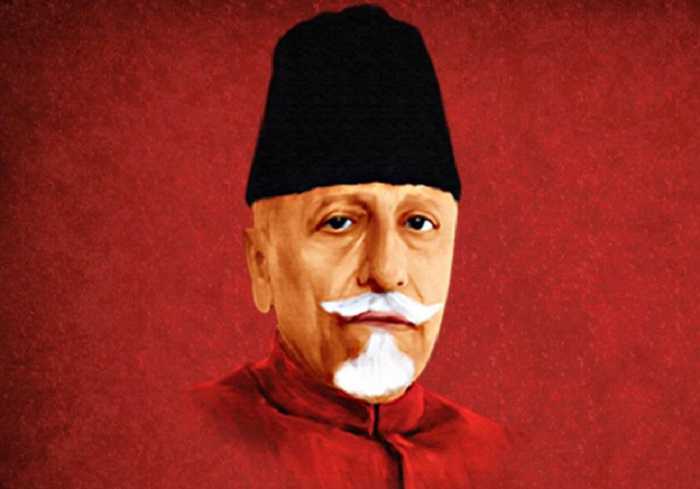“Education imparted by heart can bring revolution in the society.”-Maulana Abdul Kalam Azad
National Education Day of India is celebrated on 11 November every year. It is an annual observance in India to commemorate the birth anniversary of Maulana Abul Kalam Azad, the first education minister of India, who served from 15 August 1947 until 2 February 1958. His real name was Abul Kalam Ghulam Muhiyuddin and was known as a brilliant orator. He firmly believed in universal primary education, free and compulsory education for all children up to the age of 14, vocational training and technical education.
The celebration of the day started in 2008 by the Ministry of Human Resource and Development. On 11 September 2008, MHRD announced, “The Ministry has decided to commemorate the birthday of this great son of India by recalling his contribution to the cause of education in India. November 11 every year, from 2008 onwards, will be celebrated as the National Education Day, without declaring it a holiday.”
Maulana Azad was a poet, philosopher, writer, educationist, politician, architect of the Indian education system and a specialist on Indian culture too. He was an accomplished scholar in Arabic, Persian, Urdu, English, Hindi, Bengali and a prolific debater. On his assuming charge of the Ministry, the very first public assertion he made was naturally about transforming the system of education as inherited from the British to suit our national requirements. In his very first official statement at the press conference held on February 18, 1947, Azad, on tone hand, criticised the then prevailing system as one shaped by non-nationals in the non-national interests, and, on the other, paid a tribute to its service to Indian people in general. In his statement of policy as the Education Minister before the Constituent Assembly on March 11, 1948, Azad defined the situation in the country that the popular Government was faced with on the eve of independence in the following words,“It entered into a heritage which was burdened with many encumbrances. There was no clear state to write with but a palimpsest on which was scrawled the marks of generations of scribes who had each his own mode and style.”
One can decipher four important objectives that Azad promoted as the new goals of education in post-independence India. Firstly, the democratisation of education with a view to liquidate mass illiteracy. Secondly, maintenance of educational standards. The next objective was broadening of educational outlook by making education compulsory till a certain age, and, lastly promotion of mutual understanding.
Union Education Ministry, under the guidance of Maulana Azad, adopted thoughtful and visionary ideas and translated those into reality. Different Committees and Commissions were committed in respect of different levels of education, for example, primary, secondary, university, etc. These bodies inspected the different wings, drew up new plans and tried to bring uniformity in national plans. University Commission, All India Council for Secondary Education, Secondary Education Commission, All India Council for Technical Education, Adult Education, Rural Higher Education, National Organisation for Basic Education, are some of the organizations that were established during his tenure. He is also responsible for establishing most of the major cultural and literary academies including the SangeetNatak Academy, Lalit Kala Academy,andSahityaAcademy.The first Indian Institute of Technology, Indian Institute of Science, School of Planning and Architecture, and the University Grants Commission were established under his tenure. Maulana Azad drew up a few projects for the advancement of Hindi and its acknowledgment as the national dialect. He propelled a few plans for physical training, improvement of the youths, social administration, education for the disabled, and so forth.
Jawaharlal Nehru described Maulana Azad as, “A very brave and gallant gentleman, a finished product of the culture that, in these days, pertains to few,”. He was posthumously conferred the Bharat Ratna in 1922.
Feature Image Credits: Cultural India
Anoushka Sharma

